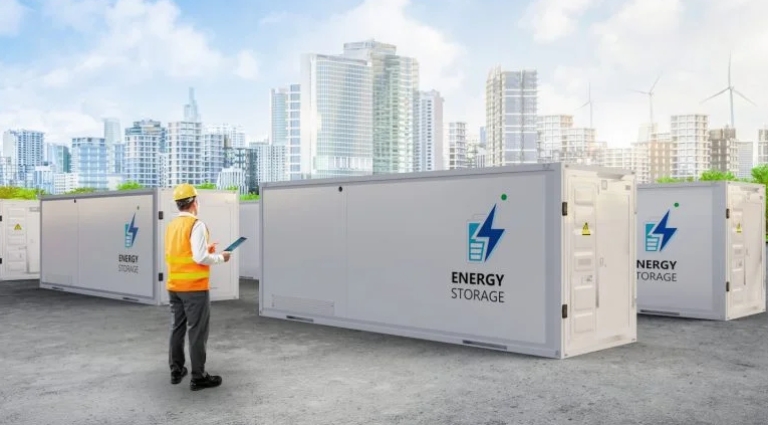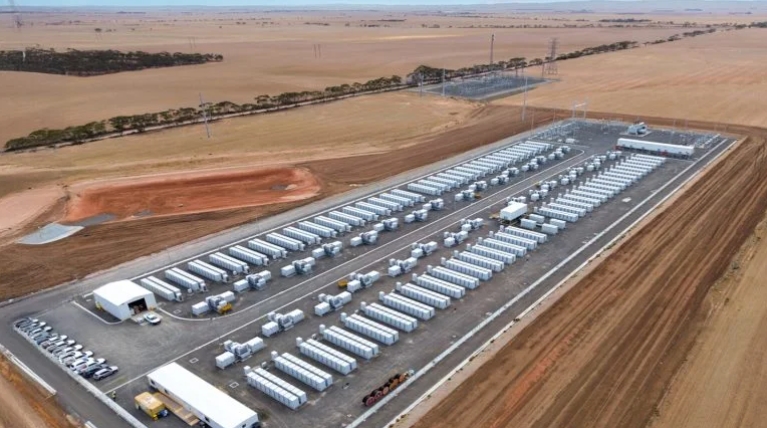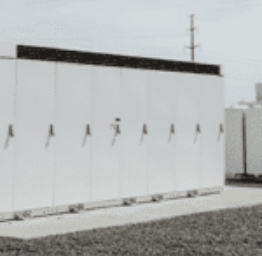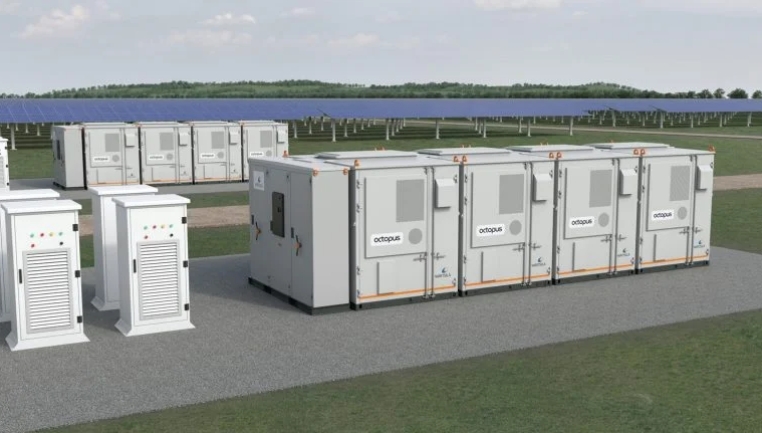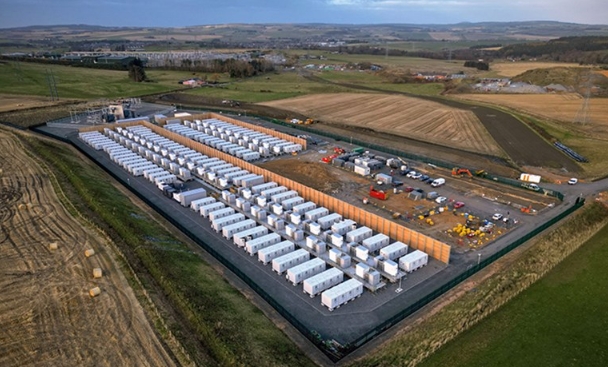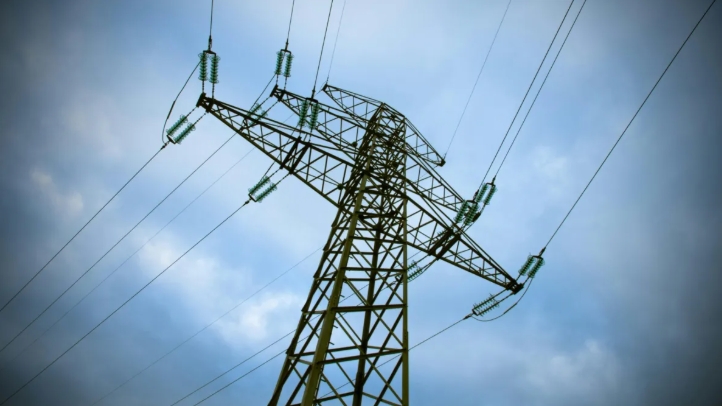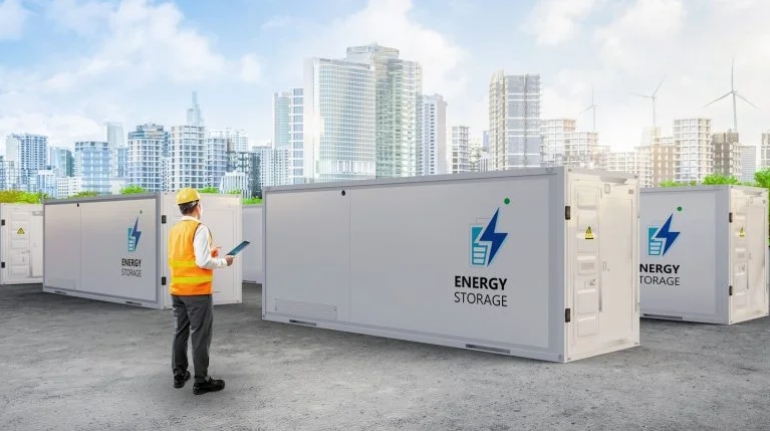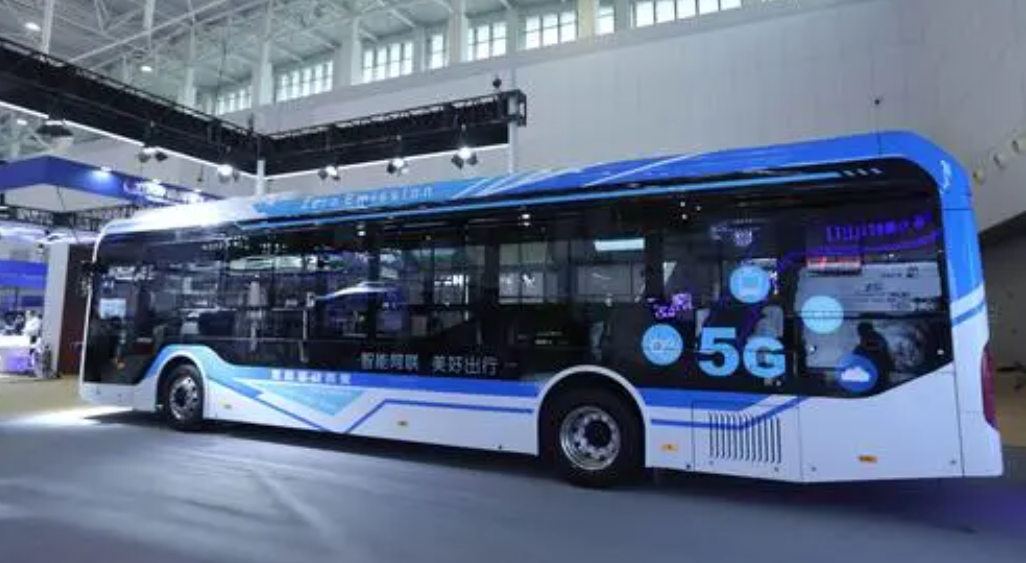 Loop Energy announced that its value-added distributor in South Korea—NGVI Inc.—secured a supply contract for a hydrogen electric bus project with a second municipality in the country, this time with the county of Ulju. This marks Loop Energy’s second design win in South Korea in less than one year. (Earlier post.)
Loop Energy announced that its value-added distributor in South Korea—NGVI Inc.—secured a supply contract for a hydrogen electric bus project with a second municipality in the country, this time with the county of Ulju. This marks Loop Energy’s second design win in South Korea in less than one year. (Earlier post.)Loop Energy’s products feature the company’s proprietary eFlow technology in the fuel cell stack’s bipolar plates. At the core of this innovation is a trapezoid plate that ensures uniform current and power density across the entire active area, increasing gas velocity down the plate to deliver superior performance and water management, and significant improvements to durability, power and efficiency.
Loop Energy says that its quick expansion in the South Korean market is a strong validation for its products in the bus sector, following its first design win recently in 2022. It is also a strong signal of the South Korean market growth potential and accelerated demand for fuel cell adoption.
The two-year government project, led by KAR Co. Ltd—a quickly growing hydrogen electric bus manufacturer—will see the hydrogen electric bus put into operation in Ulju-gun, located within the hydrogen hub of Ulsan in South Korea. The pilot bus is expected to complete in 2024.
Loop Energy anticipates demand to grow in near-term serviceable market opportunities across key markets of South Korea, Australia, and Europe.
Loop Energy and NGVI have a partnership to pursue the South Korea market jointly. The two companies first signed a memorandum of understanding in 2021 followed by a value-added distribution agreement in 2022, and then the first hydrogen electric bus fitted with Loop Energy fuel cells was launched in September 2022. The two companies are continuing to pursue other commercial opportunities in the country.
South Korea has developed a roadmap to deploy 60,000 hydrogen-electric buses by 2040. The government is providing incentives for manufacturers to receive subsidies of up to 70% per battery-electric bus and up to 85% per hydrogen-electric bus, which will undoubtedly catalyze the production and transition timeline of zero-emissions buses, and accelerate the demand for hydrogen technology and fuel cell solutions.

